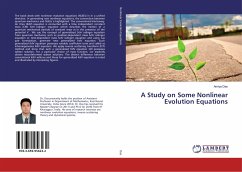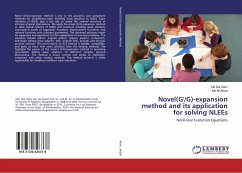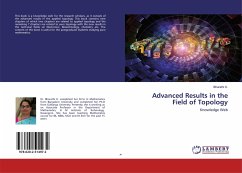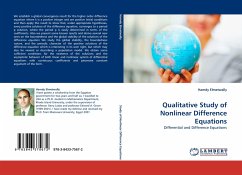The book deals with nonlinear evolution equations (NLEEs) in in a unified direction. In generating new nonlinear equations, the connection between quantum mechanics and NLEEs is highlighted. The conventional Korteweg-de Vries (KdV) equation is connected with a time independent constant mass (CM) Schr odinger equation which describes the motion of a quantum mechanical particle of constant mass m in the presence of the potential V . We use the concept of generalized Schr odinger equation from quantum mechanics such as position-dependent mass Schr odinger equation or time-dependent mass Schr odinger equation and using Lax pair formulation, generate new generalized KdV equation. Such generalized KdV equation possesses variable coefficient term and called as inhomogeneous KdV equation. We apply inverse scattering transform (IST) method and show that such a generalized KdV equation still possesses soliton solution. For a particular choice of mass function, we explicitly obtain mass-deformed soliton solutions. The distinct difference between conventional KdV solitons and those for generalized KdV equation is noted and illustrated by interesting figures.
Bitte wählen Sie Ihr Anliegen aus.
Rechnungen
Retourenschein anfordern
Bestellstatus
Storno








